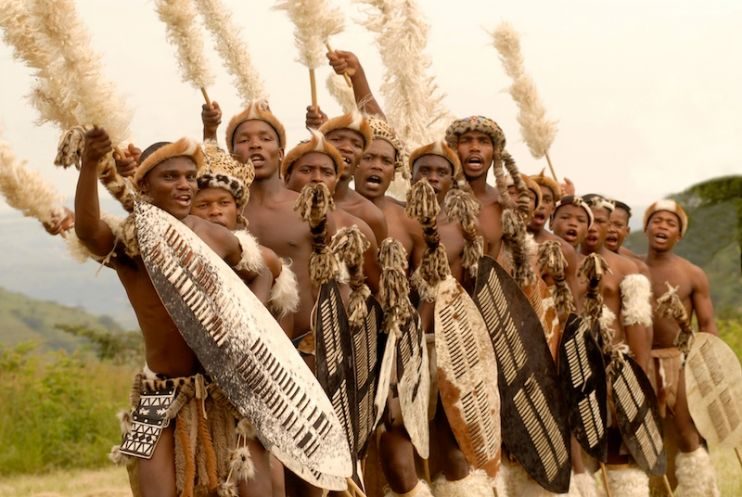
Some Questions Are Better Left Unanswered
If you think you are about to read a collection and litany of racist remarks on African-European history, you aren’t. This is more of an introspective treatise about why different societies transformed differently.
It is perfectly obvious to everyone, whether an overt racist or not, that different peoples have fared differently in history and continue to fare differently.
The other day, I asked my friend, why ancient African societies didn’t send out explorers, missionaries and colonialists to weave our culture in foreign lands and to orchestrate African imperialism and might, globally.
My friend’s response was that it’s because African societies were so comfortable with an abundance of fruits, food, friendly weather conditions and meat from wild animals that they couldn’t think of leaving the continent unlike their European counterparts who were brutalized by harsh weather conditions and scarcity of resources, hence the need to acquire better alternatives from elsewhere.
The question I asked my friend sounds like a simple one, but if you give it more attention and thought, you’ll realize that it not only takes a labyrinthine path to attempt to answer the question but also that there is no satisfactory answer.
I didn’t agree with my friend but since I had no satisfactory answer either, and saw where the dialogue was heading, I chose to change the topic of our dialogue. It was clear to me that by attempting to answer the question, we were unavoidably creating a catch-22.
Antagonistic Issues of Religion, Racism, Sorcery, God, Science, History, Geology, Evolution, Geography, Physics and Spirituality, must all be simultaneously encountered, in an attempt to answer this question.
However, just when I thought I was solely bothered by trivial, alienated and outlandish thoughts about how events unfolded in the past and about why they didn’t unfold the way I thought they should have, I landed on an established writer with not only similar concerns as mine but also thoughtful attempts to answer the question.
I serendipitously landed on Jared Diamond’s book; Guns, Germs and Steel- The Fates of Human Societies.
Jared narrates how he also encountered similar thoughts about why continental events unfolded the way they did but not otherwise. He also admits how complex, a question, this is!
I was particularly interested in the chapter on How Africa Became Black, and I was humbled by a few excerpts, some of which have been paraphrased, from it.
How Africa Became Black
Why do people think of the color black, at the mention of the word Africa, despite the diversity of skin color on the continent?
Africa is the only continent to extend from the northern to the southern temperate zone, while also encompassing some of the world’s driest deserts, largest tropical rain forests, and highest equatorial mountains.
Humans have lived in Africa far longer than anywhere else. One-quarter of the world’s languages are spoken only in Africa. No other continent approaches this human diversity.
To lump people as different as Zulus, Somalis, and Ibos under the single heading of “blacks” ignores the differences between them.
However, African prehistory is a puzzle on a grand scale, still only partly solved. The mind-boggling complexities of Africa’s 1,500 languages were clarified by Stanford University’s great linguist Joseph Greenberg, who recognized that all those languages fall into just five families
Africa’s diverse peoples resulted from its diverse geography and its long prehistory.
After pondering over the above excerpts, and probably grabbing Jared’s book, feel free to reach us with your views on why Africa didn’t colonize Europe.


